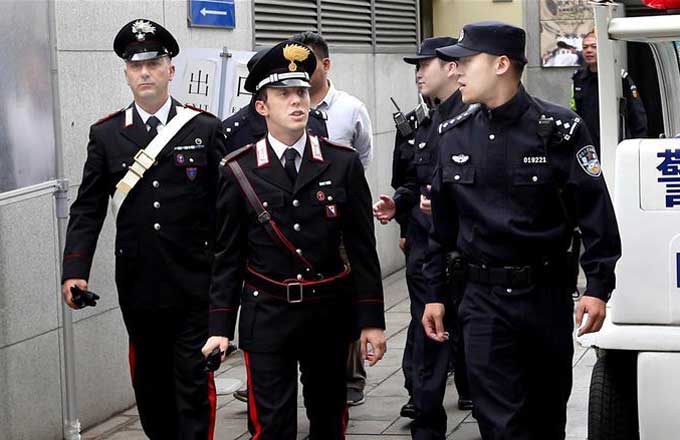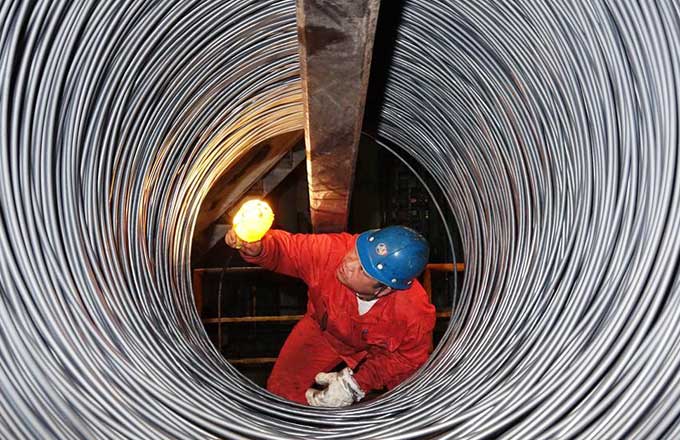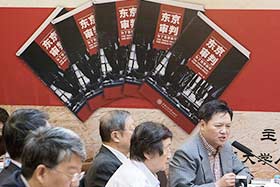Study finds little control of asthma
Fewer than one-third of sufferers in China manage their condition
Only about 28 percent of people in China with asthma have their condition under control, according to a study released on Tuesday, World Asthma Day.
More than 26 percent of respondents reported being hospitalized in the past year and 22 percent had visited an emergency room due to an asthma attack.
"Widespread misunderstandings of the disease are mainly to be blamed for the low control rates," said Lin Jiangtao, a leading respiratory disease specialist at China-Japan Friendship Hospital in Beijing. Lin also heads the China Asthma Alliance.
More than 3,000 asthma patients were surveyed between October 2015 and May 2016.
Asthma is a chronic inflammatory disease of the airways and is characterized by recurrent attacks of breathlessness and wheezing, which vary in severity and frequency from person to person.
Roughly 30 million people in China have asthma, according to estimates by the National Health and Family Planning Commission.
"The prevalence in China will keep rising alongside economic growth and urbanization. The trend is in line with the international one," Lin said.
Currently, most asthma cases - 15 to 18 percent - are found in developed countries, according to the World Health Organization.
Asthma deaths worldwide are expected to increase in the next decade if urgent action is not taken, and 80 percent of them will occur in low- and lower-middle-income countries, the WHO predicted.
According to Xiang Lin, a senior child asthma specialist at Beijing Children's Hospital, part of Capital Medical University, asthma cannot be cured, but proper treatment and patient education can lead to better management of the condition.
The commission held an event on Tuesday to raise awareness with the ThinkTank Research Center for Health Development, an NGO based in Beijing committed to health promotion, and released tips for asthma prevention and control.
Apart from hereditary factors, major environmental risk factors include smoking, pets, air pollution, and pre-existing allergies and nose infection.
Lin expressed appreciation for the government initiative and urged more efforts by government, medical facilities and patients to improve the management of asthma.
Poor control rates lead to increases in emergency treatment, hospitalizations and sick leaves from school and work, he said.
"That imposes a huge economic burden, as well, for both the sufferer and the government," he said.
According to Lin, the average cost of hospital treatment for asthma is 11,000 yuan ($1,590), while therapy to regulate it for a year costs one-third of that.

























